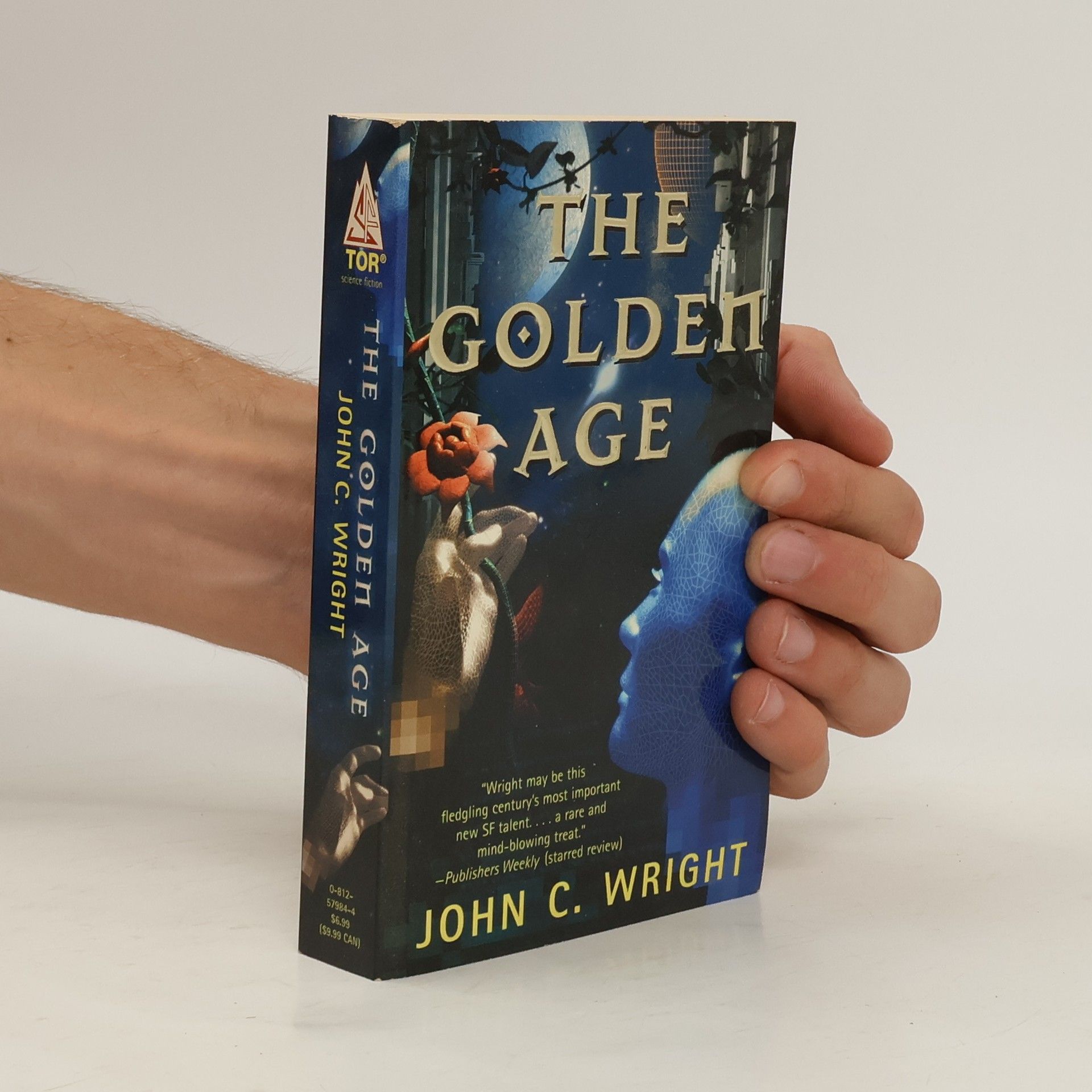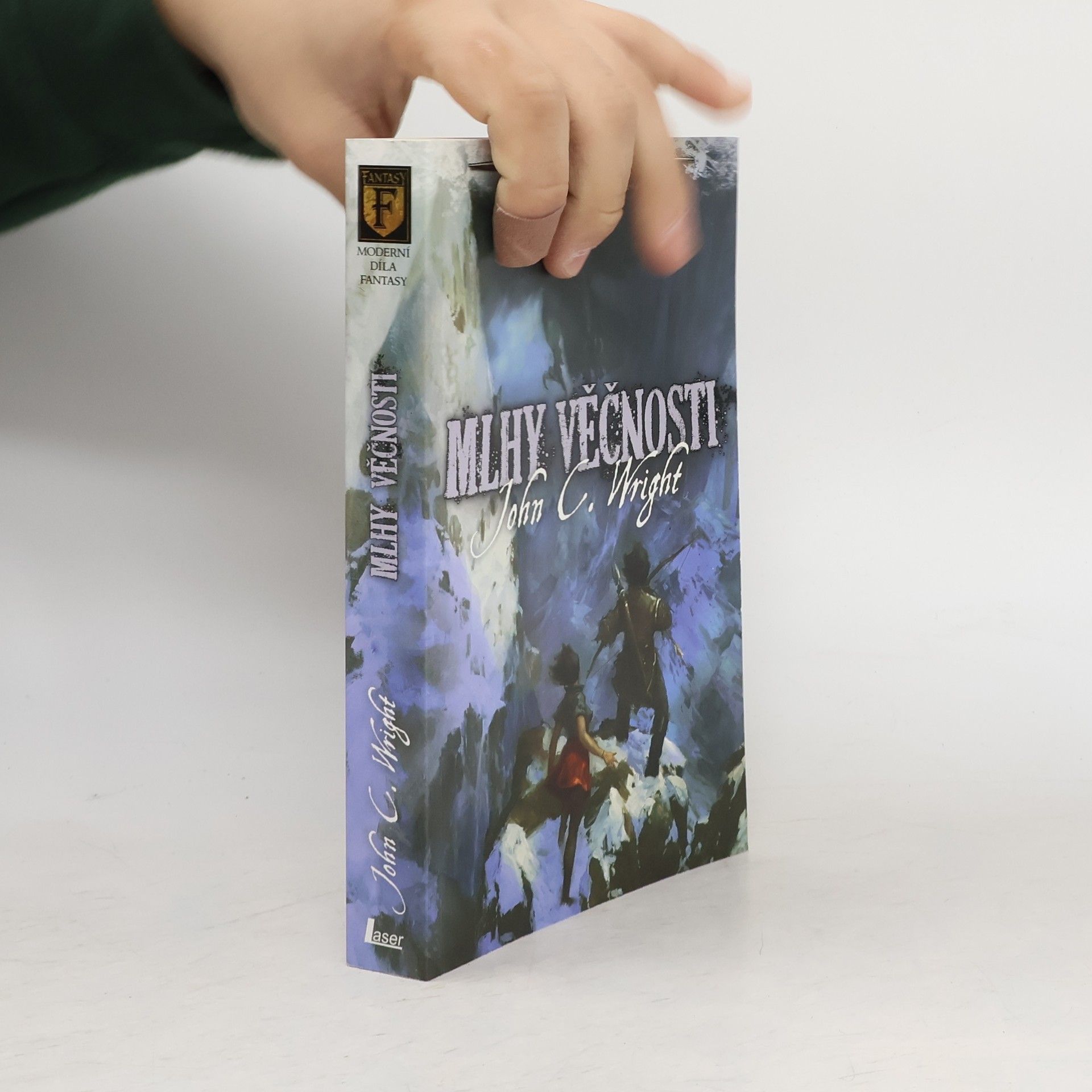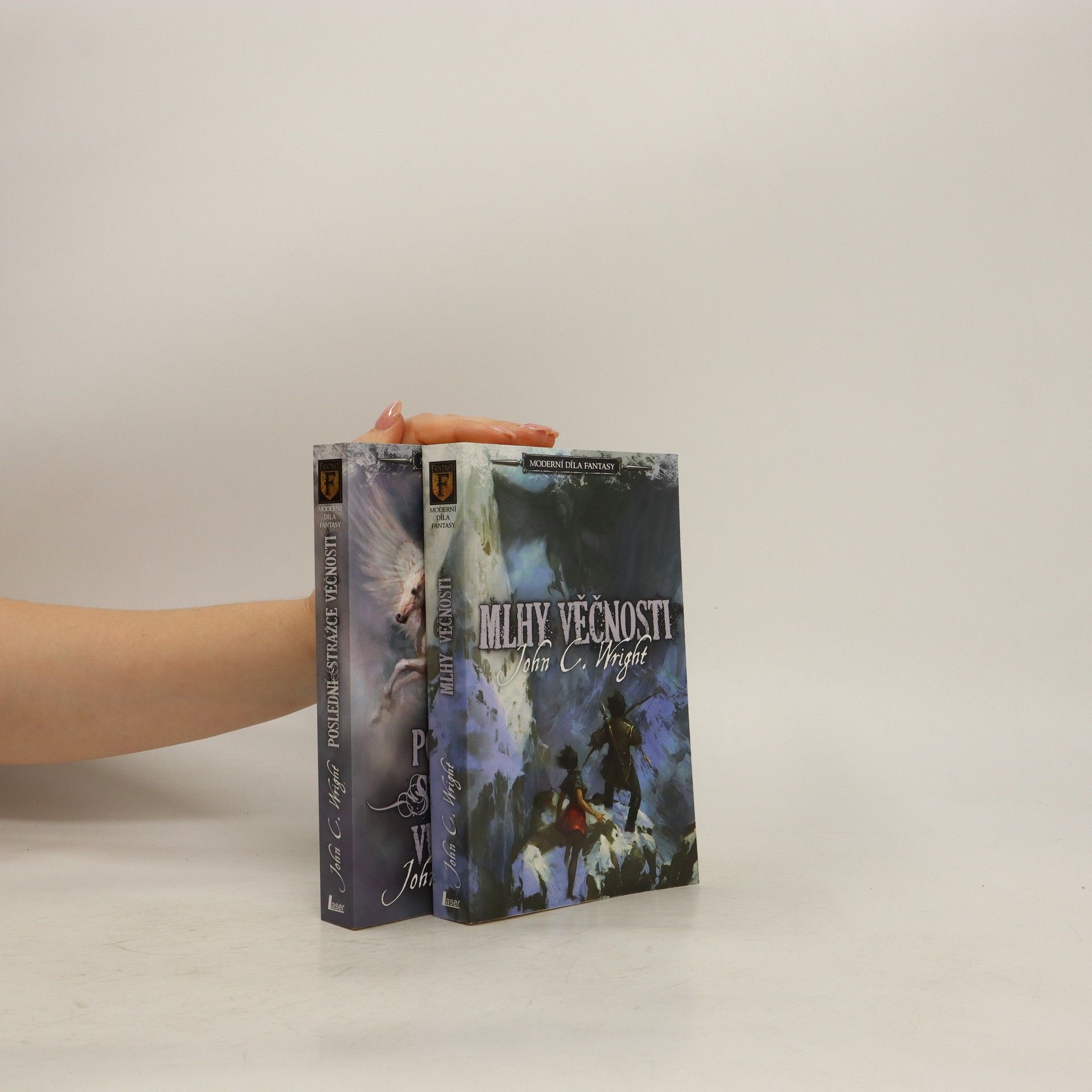The Phoenix Exultant is a continuation of the story begun in The Golden Age and like it, a grand space opera in the tradition of Jack Vance and Roger Zelazny (with a touch of Cordwainer Smith-style invention). At the conclusion of the first book, Phaethon of Radamanthus House, was left an exile from his life of power and privilege. Now he embarks upon a quest across the transformed solar system--Jupiter is a second sun, Mars and Venus terraformed, humanity immortal--among humans, intelligent machines, and bizarre life forms, to recover his memory, to regain his place in society and to move that society away from stagnation and toward the stars. And most of all Phaethon's quest is to regain ownership of the magnificent starship, the Phoenix Exultant, the most wonderful ship ever built, and fly her to the stars. The Phoenix Exultantis an astounding story of super science, a thrilling wonder story that recaptures the verve of SF's golden age writers It is a suitably grand and stirring fulfillment of the promise shown in The Golden Age and confirms John C. Wright as a major new talent in the field. He concludes the Golden Age trilogy in The Golden Transcendence.
John C. Wright Books
John C. Wright is an American author celebrated for his contributions to science fiction and fantasy. His works are distinguished by intricately crafted worlds and profound philosophical explorations into human nature and the future. Critics have hailed his writing as visionary and epic, characterized by compelling narratives and memorable characters.







The Golden Age is 10,000 years in the future in our solar system, an interplanetary utopian society filled with immortal humans. Phaethon, of Radamanthus House, is attending a glorious party at his family mansion celebrating the thousand-year anniversary of the High Transcendence. There he meets an old man who accuses him of being an imposter, and then a being from Neptune who claims to be an old friend. The Neptunian tells him that essential parts of his memory were removed and stored by the very government that Phaethon believes to be wholly honorable. It shakes his faith. Is he indeed an exile from himself? He can't resist investigating, even though to do so could mean the loss of his inheritance, his very place in society. His quest must be to regain his true identity and fulfill the destiny he chose for himself.The Golden Age is just the beginning of Phaethon's story, which will continue in The Phoenix Exultant, forthcoming from Tor.
Null-A Continuum
- 448 pages
- 16 hours of reading
Grandmaster A E van Vogt was a key figure in the Golden Age of science fiction during the 1940s. His influential work, "The World of Null-A," serves as a sequel to his earlier novels, "Null-A" and "The Players of Null-A."
What Canadians Think-- about Almost-- Everything
- 288 pages
- 11 hours of reading
Book by Bricker, Darrell (SIGNED) John Wright (SIGNED)
The Last Straw: A Critical Autopsy of a galaxy far, far away
- 178 pages
- 7 hours of reading
The critique delves into the disillusionment surrounding the Star Wars franchise, particularly focusing on the film "The Last Jedi." John C. Wright, a renowned science fiction author, expresses deep disappointment over the film's storytelling, arguing that it alienated devoted fans and squandered the franchise's goodwill. He explores the reasons behind the film's perceived failures and the impact of its narrative choices on the audience's connection to the beloved saga, marking it as a pivotal moment in the franchise's decline.
From Barsoom to Malacandra: Musings on Things Past and Things to Come
- 180 pages
- 7 hours of reading
Exploring a wide range of topics, the essays delve into the essence of science fiction and fantasy, showcasing both profound insights and lighthearted observations. John C. Wright, a Science Fiction Grandmaster, reflects on how these imaginative tales reveal truths about human existence and emotions. With a blend of humor and depth, he journeys through cosmic adventures, highlighting their significance in understanding life on Earth and the mysteries of the human heart.
Transhuman and Subhuman: Essays on Science Fiction and Awful Truth
- 482 pages
- 17 hours of reading
The collection features 16 insightful essays by acclaimed science fiction author John C. Wright, exploring a range of topics from the Golden Age of sci-fi to contemporary debates on gender in literature. Wright delves into transhumanism, the craft of writing, and critiques the portrayal of strong female characters in the genre. His commentary is marked by intelligence and compassion, revealing his profound love for literature. Recognized as a leading voice in science fiction, Wright's work is both provocative and thought-provoking.
Wenn Hunde machen was sie wollen und wie man sie davon abbringt
- 202 pages
- 8 hours of reading
Mladý Galen Waylock je posledním strážcem snové brány, za níž vyčkává prastaré zlo lačnící po světě lidí. Galenova rodina ji střežila po tisíc let a snášela posměch světa, který tuto hrozbu pustil z hlavy coby pouhý mýtus. Dokonce i Galenův otec se zřekl svého postu. Vzdal se víry v jiný svět, opustil Věčnost i liduprázdné mainské pobřeží a cestoval po světě jako voják. Ale ve snovém světě zazněl bez povšimnutí varovný zvon. Nyní se v hlubinách probudili přisluhovači Temnoty a dlouhé, předlouhé roky služby dospěly ke konci. Do našeho světa vtrhlo vojsko bájných nestvůr a Galen s přáteli s nimi začali bojovat. Kvůli bitvě s nesmírnou temnotou se vrátil dokonce i jeho otec. Síly světla se shromáždily ve Věčnosti, a ta musí nápor ustát, jinak bude vše ztraceno. John C. Wright je jedním nejvýznamnějších talentů nového století a jeho debutová SF trilogie Zlatý věk si vysloužila nadšené recenze. Nyní v Mlhách Věčnosti navazuje na výjimečný fantasy román Poslední Strážce Věčnosti, vzrušujícím příběhem, který nadchne všechny své čtenáře.


